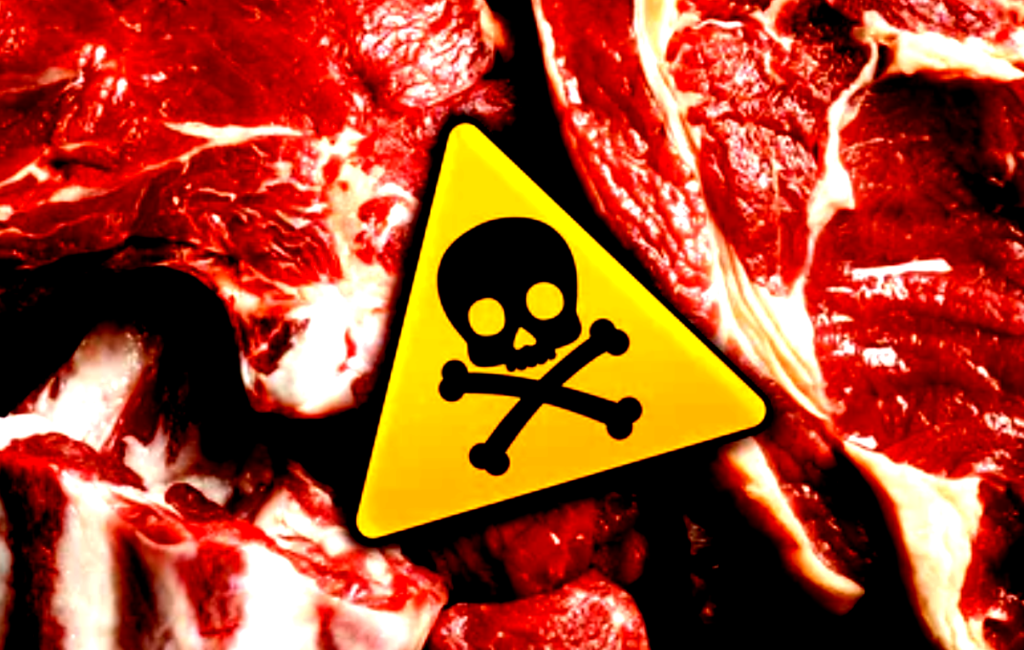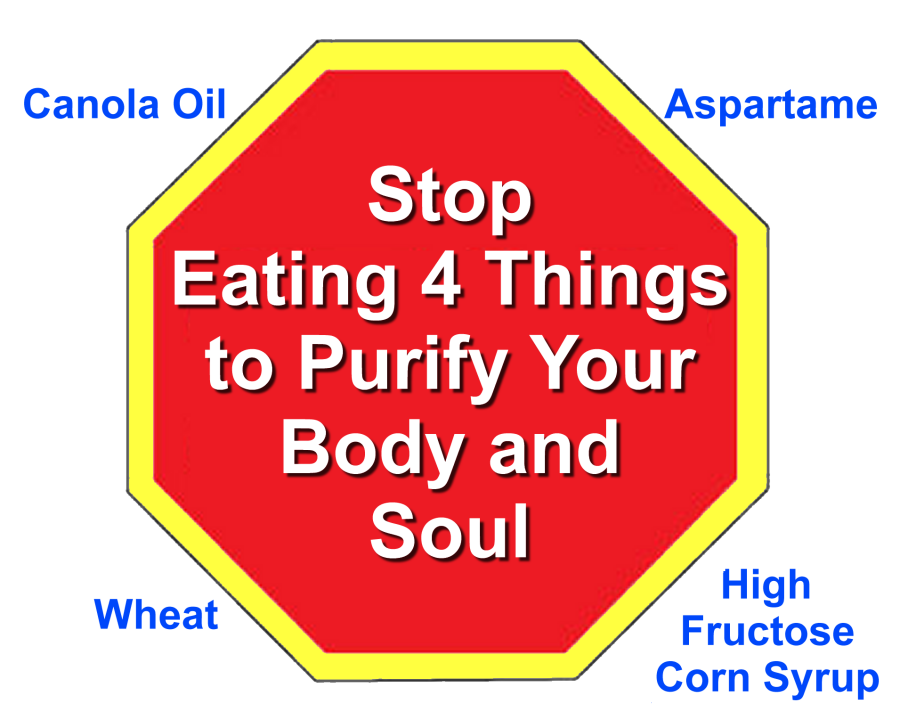There is little doubt that the increasing American population has placed a huge demand on the available food supply, technology, the use of chemical pesticides, added chemistry, hormones, and other issues contribute to increased yield, though the end product, the food we eat, is increasingly more dangerous than ever before.
The safety of food in the USA, particularly meat, poultry, fish, and dairy products, has come under scrutiny due to weak regulatory frameworks. Let me introduce you to the potential dangers associated with these foods and the need for stricter regulations to ensure public health.
Meat and Poultry
The meat and poultry industry in the USA is a significant contributor to the nation’s food supply. However, several issues raise concerns about the safety of these products:
Antibiotic Use: The overuse of antibiotics in livestock can lead to antibiotic-resistant bacteria, posing a severe health risk to consumers.
Contamination: Cases of contamination with harmful bacteria such as Salmonella and E. coli are not uncommon. These pathogens can cause severe illness and even death.
Hormones and Additives: The use of growth hormones and other additives in meat production can have adverse health effects.
Beef
US beef contains antibiotics and hormones, while European beef is drug-free. The use of antibiotics in livestock can lead to antibiotic-resistant bacteria, posing a severe health risk to consumers. Hormones used in beef production have been linked to various health issues, including cancer.
Dairy Products
Dairy products are a staple in many diets, but they also come with potential dangers:
Hormones: The use of hormones like rBST in dairy cows can lead to health issues in humans, including an increased risk of cancer6.
Antibiotics: Similar to meat, the use of antibiotics in dairy farming can contribute to antibiotic resistance7.
Contamination: Dairy products can be contaminated with harmful bacteria such as Listeria, which can cause severe illness.
Milk
American milk contains growth hormones, unlike milk from Europe, Australia, and New Zealand, which is hormone-free. Additionally, the legal limit for dioxins in Belgium is 8 parts per million, making nearly all milk sold in the US unfit for sale there. The US limit for heptachlor in milk is twice the level allowed by the World Health Organization.
Cheese
American cheese often contains dyes, whereas Scandinavian cheeses are dye-free. These dyes can pose health risks, including allergic reactions and potential links to cancer.
Pork
Pork, often marketed as “the other white meat,” also has its share of potential dangers:
Antibiotic Use: The use of antibiotics in pork production can lead to antibiotic-resistant bacteria.
Parasites: Pork can be contaminated with parasites such as Trichinella spiralis, which causes trichinosis, a serious illness.
Hormones: Similar to beef, hormones used in pork production can have adverse health effects.
Other Common Foods from Livestock
Other foods derived from livestock, such as eggs and processed meats, also pose risks:
Processed Meats: Consumption of processed meats has been linked to an increased risk of cancer and other chronic diseases.
Poultry
Poultry is also subject to weak regulations, leading to potential contamination and health risks, such as,
Antibiotic Use: Similar to beef, the overuse of antibiotics in poultry can lead to antibiotic-resistant bacteria.
Salmonella in Eggs: Eggs can be contaminated with Salmonella, leading to foodborne illnesses.
Fish and Seafood
Fish and seafood are often considered healthy alternatives to meat. However, they are not without concerns which pose short and long-term health risks.
Mercury Contamination: Certain fish, especially larger species, can contain high levels of mercury, which is harmful to human health.
Microplastics: The presence of microplastics in seafood is an emerging concern, with potential long-term health implications.
Parasites Being Transmitted to Us by Eating the Food
And that’s not even mentioning the millions of parasites, including parasitic worm, that are infesting the food we eat every day that are taking up residency within our bodies due to the lack of proper food handling. Some of the most common parasites we consume in these foods regularly, along with their potential health impacts, are
Beef
Taenia saginata (Beef Tapeworm): Causes taeniasis, which can lead to digestive issues and weight loss.
Toxoplasma gondii: Can cause toxoplasmosis, which is particularly dangerous for pregnant women and immunocompromised individuals.
Pork
Trichinella spiralis: Causes trichinosis, leading to muscle pain, fever, and swelling.
Taenia solium (Pork Tapeworm): Can cause taeniasis and cysticercosis, which can lead to severe neurological issues5.
Dairy Products
Cryptosporidium parvum: Causes cryptosporidiosis, leading to severe diarrhea and dehydration6.
Giardia duodenalis: Causes giardiasis, leading to gastrointestinal symptoms.
Poultry
Ascaridia galli (Roundworm): Can cause digestive issues and malnutrition in poultry, potentially affecting humans who consume contaminated meat.
Histomonas meleagridis: Causes histomoniasis, which can lead to severe illness in poultry and potential zoonotic transmission.
Eggs
Ascaris lumbricoides (Roundworm): Causes ascariasis, leading to abdominal pain and intestinal blockage.
Toxocara canis: Can cause toxocariasis, leading to organ damage and vision loss.
Fish and Seafood
Anisakis simplex: Causes anisakiasis, leading to severe abdominal pain and allergic reactions.
Diphyllobothrium latum (Fish Tapeworm): Can cause diphyllobothriasis, leading to vitamin B12 deficiency and anemia.
The presence of these parasites in food highlights the importance of proper food handling, cooking, and hygiene practices to prevent infections. Ensuring that food is thoroughly cooked and sourced from reputable suppliers can reduce the risk of parasitic infections.
Conclusion
The potential dangers associated with meat, poultry, fish, dairy, and other common foods from livestock highlight the need for stronger regulations and oversight. Ensuring the safety of these foods is crucial for protecting public health and preventing foodborne illnesses.
Recommendations
Stricter Regulations: Implementing stricter regulations on the use of antibiotics, hormones, and additives in livestock farming.
Enhanced Testing: Increasing the frequency and scope of testing for contaminants in food products.
Public Awareness: Educating consumers about the potential risks associated with these foods and promoting safer alternatives.
By addressing these issues, we can work towards a safer and healthier food supply in the USA.

